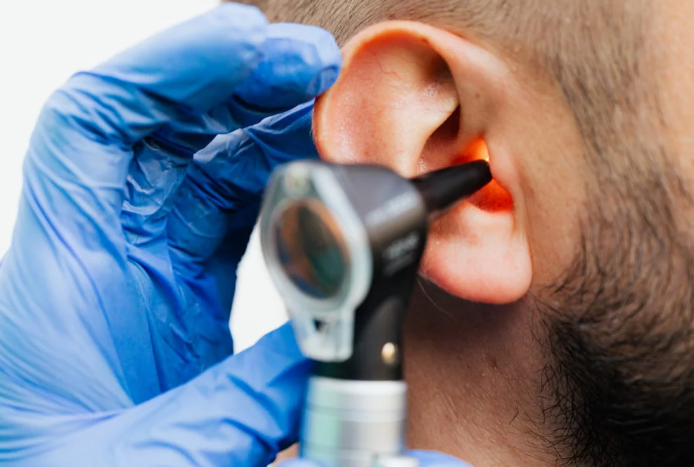
You’re probably suffering from hearing loss or you’re hanging out with moody teenagers if you feel like everyone is mumbling. One of the first things that typically deteriorates with hearing loss is our capacity to comprehend high-pitched sounds, such as consonants. The overall level of the surrounding sounds may be audible, but this makes everything appear muted and hazy. Crucially, modest to moderate hearing loss can have a variety of negative health effects and may need assistance to properly manage. Here is a synopsis of the main points:
Health Implications: 1. Social Isolation and Communication Difficulties: Individuals who have hearing loss may experience frustration or retreat as a result of their inability to participate in conversations. Social isolation may result from this, especially in noisy or group circumstances.2. Cognitive Effects: Untreated hearing loss has been associated with a higher risk of dementia and cognitive decline. Over time, diminished cognitive performance may result from the brain being overworked as it processes sounds more intensely.3. Emotional Well-Being: Because hearing loss makes communication difficult and may affect social and professional life, it can cause stress, worry, or sadness.4. Effect on connections: Personal connections with family, friends, and coworkers may suffer as a result of communication difficulties. Both the person with hearing loss and their loved ones may find it difficult when there are misunderstandings or when they have to ask others to repeat themselves repeatedly.5. Safety Concerns: People who have hearing loss may find it more difficult to hear warning signals, traffic, or alarms, which could raise their risk of accidents and injuries.
Assistance and Administration:1. Hearing Aids: These devices are frequently the first line of treatment for mild to severe hearing loss. They enhance sound, making ambient sounds and conversations more audible.2. Assistive Listening Devices: In certain circumstances where hearing is impaired, devices like hearing loops, captioned phones, or amplified phones might be helpful.3. Speech Therapy: For some people, seeing a speech-language pathologist can help them develop better coping mechanisms and communication abilities, especially when it comes to lip-reading or speechreading.4. Communication methods: Asking others to speak more slowly or clearly, making sure that visual clues are obvious, and placing oneself in better hearing situations are all methods that may help people with hearing loss.5. therapy and Support Groups: People can manage the social and psychological effects of hearing loss with the help of emotional support from therapy or support groups.6. Routine Hearing Exams: Seeing an audiologist on a regular basis can help track hearing levels and make
Conclusion: After reading this, should you head straight to the audiologist? The average time it takes for someone to seek aid after noticing a change in their hearing is eight years, albeit there is usually no urgency! You might have been able to cope with a change in your hearing without even realizing what you were losing because our remarkable human brains are so adept at adapting.
You might not even be aware of the ways your natural intelligence makes up for it. Common instances include asking someone to repeat what they’ve said, leaning forward to improve hearing, or simply tilting your head. However, people can preserve a high quality of life and lessen the possible long-term effects of hearing impairment by addressing hearing loss early and getting the right support.
Hall Chiropractic Center is owned by Dr. David Hall. Serving the people of Tega Cay and Fort Mill, Dr. Hall has more than 40 years of experience.
Schedule a free online consultation right now!
